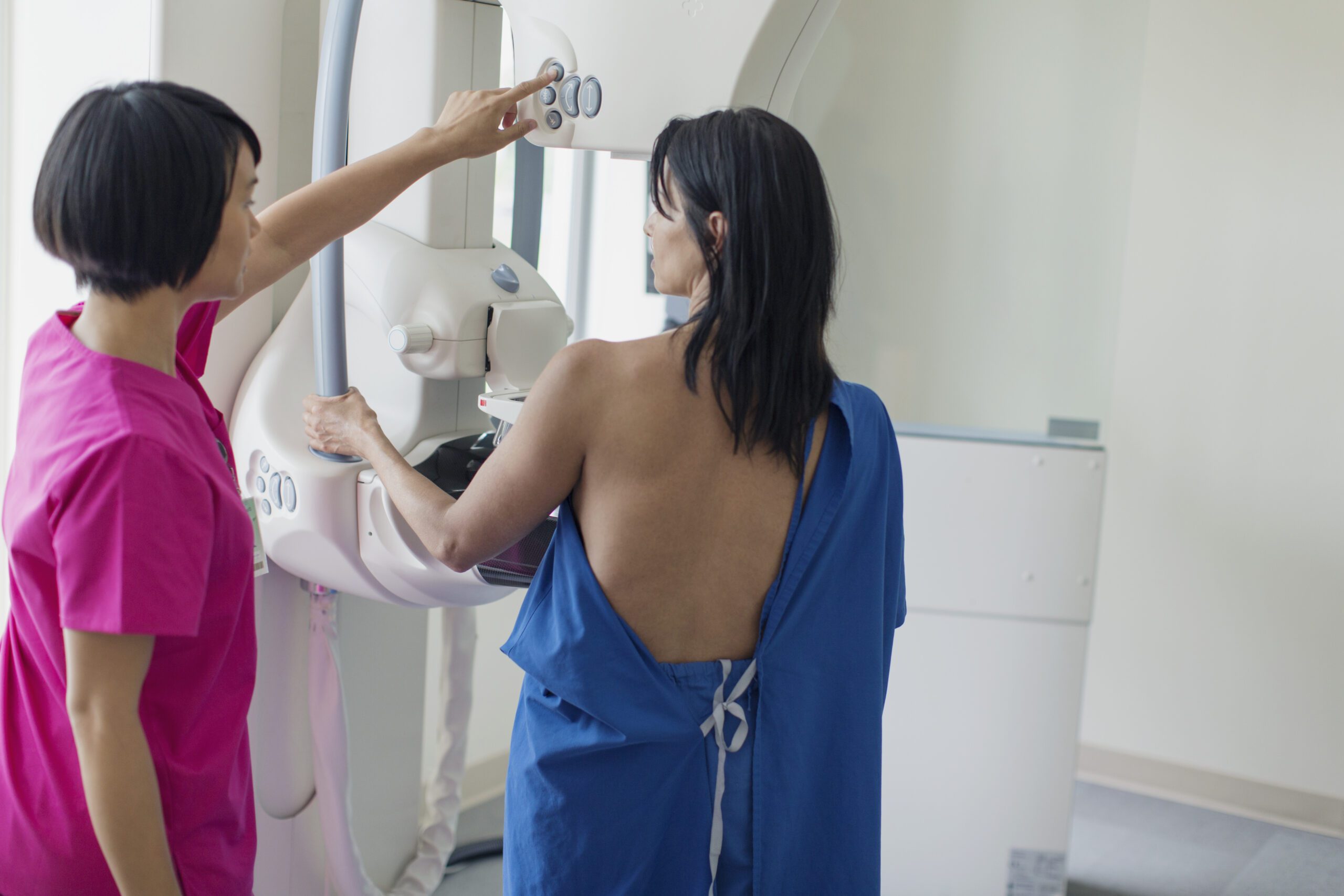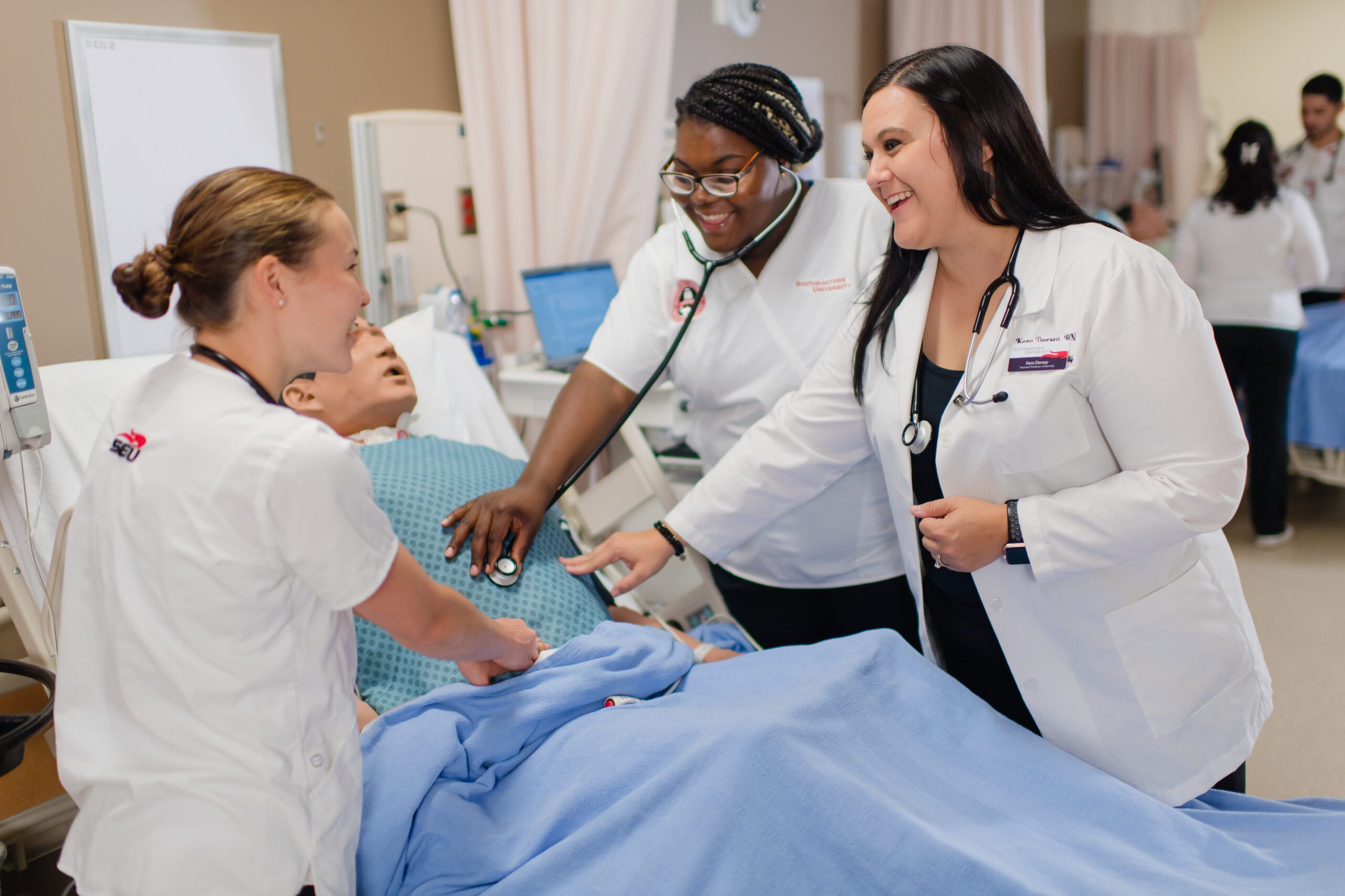
Health News
Features
-
Pop Quiz! Make Sense of the Mammogram Myths
Mammograms are a fact of life for the majority of women as The American College of Radiology recommends annual screening mammograms for all women older than 40 as a necessary breast cancer screening. Despite the necessity of mammograms, there is a lot of incorrect information circulating about them. Get the facts by taking our quiz…
-
New Face at Polk State
Inaugural AdventHealth Dean of Nursing Talks About Making Difference by K. MICHELE TRICE A $1.7 million endowment to the Polk State College Foundation sparked the creation of an AdventHealth Dean of Nursing position at Polk State College. Dr. Deleise Wilson, who has three decades of clinical, academic, and leadership experience, is the first to serve…
-
Expanded Options
Southeastern University Introduces New Hybrid Associate’s Degree in Nursing Program by RYAN MILEJCZAK Lakeland’s Southeastern University has been offering high-quality, faith-based education to Central Florida and beyond for decades. With programs in fields like ministerial leadership, educational medicine, and business studies, they’ve helped many students achieve their professional goals. Now, SEU is hoping to help…
Columns
-
Diabetic Eye Disease By Terrance Hafner, O.D.
Diabetes is the leading cause of blindness in the United States in adults. November is Diabetic Eye Disease Awareness Month. Over the past several years, the incidence of diabetes has grown as well as the rate of vision loss due to the disease. Diabetes can cause many eye problems. Here are three important things every…
-
Lymphedema Is a Common Cause of Swelling
Lymphedema, which is swelling caused by obstruction or reflux in the lymphatic vessels, is one of the most common conditions affecting humans. The lymph vessels are long, thin-walled tubes that form a very intricate network in the arms and the legs. In some cases, these lymph vessels are absent or are damaged or destroyed, and…
-
Your Eyes Are the Windows to Your Health
by DR. SELINA LIN Did you know that countless medical conditions can be detected during an eye exam? The most common medical diagnoses detectable are diabetes and hypertension. These medical diagnoses can cause hemorrhages and swelling in the retina that may need treatment. Worsening eye findings could indicate deteriorating disease processes in the body and…





